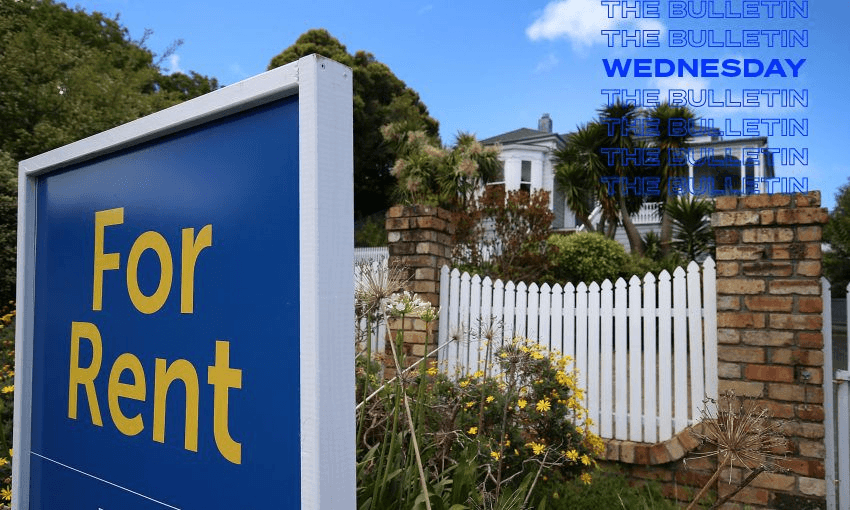The government has detailed new interest deductibility rules and rewritten the country’s leases to help tenants during future lockdowns, Justin Giovannetti writes in The Bulletin.
A 20 year definition of new for the country’s houses. A cornerstone of the government housing programme when it was unveiled in March was a significant law change on interest deductibility. Ministers announced then that the amended law would prevent many residential property investors from deducting interest as an expense when paying taxes, in a bid to push more investment into new builds. Yesterday, the change was detailed and new builds will be exempt, with “new” defined expansively as 20 years from when houses receive a compliance certificate. For investors with older properties, the deduction phase-out starts Friday. Interest, quite appropriately, has written about all the details unveiled yesterday.
This one tax change will raise $1 billion over the next four years. Stuff reports that some experts concluded the details of the change to interest deductibility were more generous for investors than they’d expected, but it’ll still increase many individual tax bills by thousands in the coming years. A Treasury analysis had forecast that the overall tax take from property investors could increase by $800 million annually once the deduction is fully phased out for older properties, which is due to happen by 2025.
What will this mean for rents? There could be another concession in the coming months as housing minister Megan Woods unveiled yesterday that she’s considering creating new exemptions for purpose-built rentals that could last longer than two decades and be more generous. While both Act and the National party have warned that rents will increase from Friday because of the deduction change, revenue minister David Parker rejected the suggestion, stating in effect that rents are already as high as landlords can push them. Rents, he said, aren’t set by costs facing landlords anymore, but are “by and large set by the ability of people to pay”.
Changes are coming to commercial and residential leases. Two hours after the interest deductibility rules were unveiled yesterday, the government sent an unexpected press release that it was rewriting tenancy agreements without notice. According to Stuff, a clause will now been inserted into commercial property leases requiring that only a “fair proportion” of rent be paid when tenants are impacted by Covid-19 restrictions. Landlords who can’t agree with tenants on what constitutes a fair rent will be forced into arbitration. The rules came into force yesterday, almost immediately. Also, residential tenancies can no longer be terminated under level four and it’ll be easier for ministers to create new restrictions on landlords.
Angered, the Property Council put out a statement calling the sudden change “a kick in the teeth for the backbone of the nation”.
The handbrake has been removed. Labour announced a similar plan last year after the first lockdown, but was blocked by coalition partner New Zealand First. At that time, then deputy prime minister Winston Peters had said that forcing arbitration on owners would violate the sanctity of commercial contracts. A voluntary scheme was put forward . In a story worth rereading, The Spinoff wrote about businesses headed towards bankruptcy and landlords who were unwilling to drop rents.
This is part of The Bulletin, The Spinoff’s must-read daily news wrap. To sign up for free, simply enter your email address below


